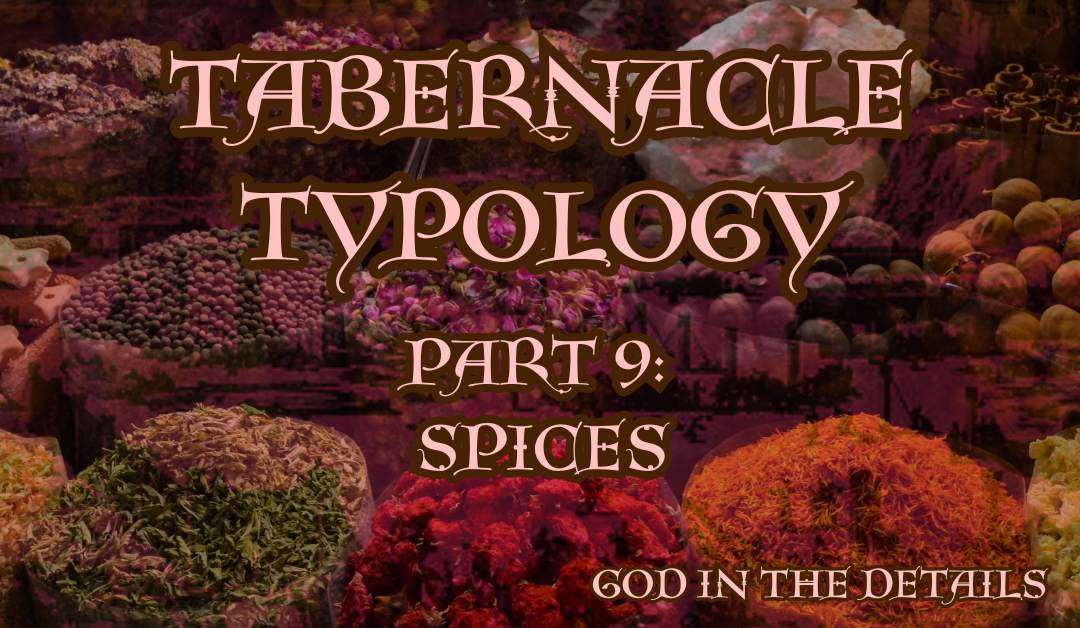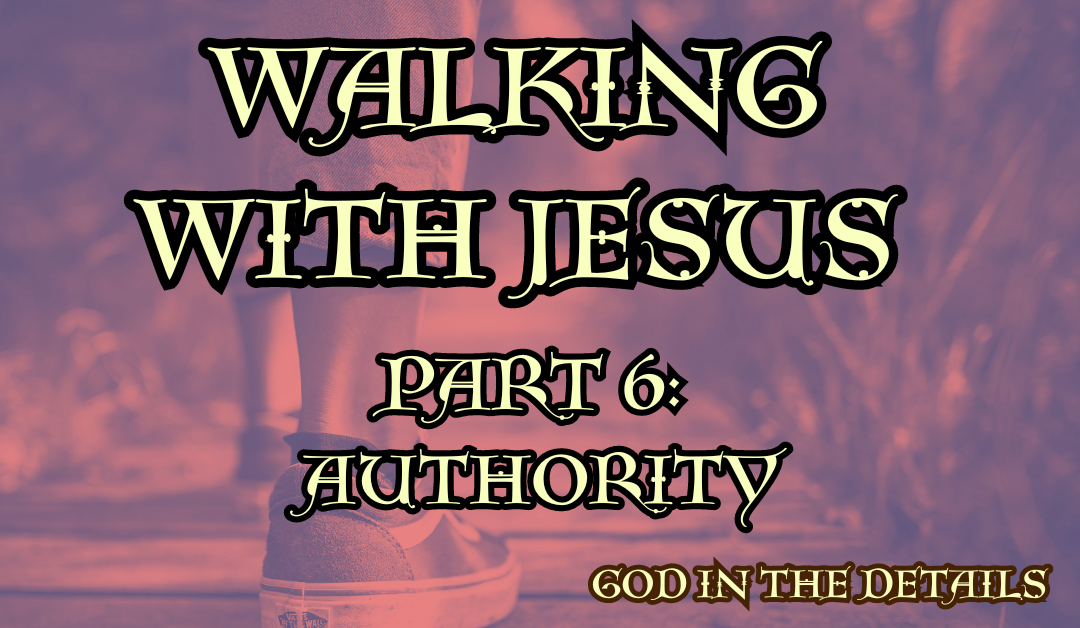
Here I Am, Send Me Part 6: A Call To Arms
In the last few readings we examined certain figures in the Old Testament and how their attitudes can be applied to ministry.
The goal of the previous readings was also to motivate you to start functioning in your gifts and ministry through the application of 3 specific concepts – Faith, Desire, and the Action of Total Surrender.
Everything starts with Faith.
Faith lays the foundation for all that is to follow – it is the substance, or foundation, of our expectations (the things we hope for / our desires) and thus also our actions (the way in which we work towards those things).
Just as Moses put all his trust in the Lord, in the one who says: I AM, so also we must take that which we have and lay it before the Lord, trusting that He will give us the victory necessary to overcome our situation.
Just as Abraham had faith – putting his trust in the Lord – we have to get up and start going. We have to realize that the Lord has a plan for us and that He has called us to do great things for Him – to be a blessing for others.
When we do that we will sow the seeds of change wherever we go.
Just as Isaiah was saved by the grace of God, His sins forgiven, so also we were saved. His desire to please the God of his Salvation lead him to become a prophet – an instrument of the Most High.
The question is not, what can the Lord do for me, but rather what can I do for You, my Lord?
With a heart crying out in thanksgiving and praise for the Savior, we call out to the Lord, crying: HERE I AM, SEND ME!
Willing to give it all, we fall before the Lord, crying: Here I am, send me!
Just like Joshua we need to take action – we need surrender to the Lord and go where He wants us to go, do what He wants us to do – we need to position ourselves, through obedience and trust, to see His Will for our lives unfold.
Surrender is a constant event – it needs to be re-affirmed everyday. Why? Because we’re human. Because we want to be in control.
Total Surrender is a constant fight against the world and all the forces of evil raging around us – it is also a battle with our own bodies, our minds, our desires.
Total surrender is a consistent action – an every day labor against the flesh and our natural urges – a daily decision to give up our own plans for His plans – to stop writing our own story, and an invitation for God to write His story through us.
It is to stop building a legacy which will ultimately wither and fade away, and to start building His Kingdom – eternal and glorious – here and forevermore.
If you resonate with this – if you have come to believe that God has called you, if it is your desire to see His Kingdom come, to see the lost saved and revival poured out – then this is a call to action.
A call to arms – a call to pick up the tools and the weapons you need to take ground for the Kingdom.
Just as God commanded Joshua – it is time for us to take the land. It is time for us to act – it is time for us to get equipped, to be trained up – so that we may be sent out into the field.
Now that we have taken the action of surrender – giving ourselves to the work of the Lord – our next step is to get equipped. There are two prongs to this action.
The first and most necessary is the Work of the Holy Spirit in our lives. Just as the Lord, through His Spirit alive and active in David’s life taught him how to wage war – just as God, through divine impartation gave the great artisan Bezalel the wisdom necessary to construct the Tabernacle – so the Lord will equip you through the indwelling of His presence.
This requires a relationship with Him – and I would urge you to take up the necessary spiritual disciplines of Bible Study and prayer (to name but two) to build this relationship – intimacy with Him, so that you can know the Mind and Heart of God. We are equipped through the practice of His presence.
I have, in my own life, come to the conclusion that we have to be so charged in our spiritual lives, our relationship with Jesus, that the atmosphere changes when we enter a room. We have to have such an intimate relationship with God, that to enter a room is to take the manifest presence of God with you.
We have to enter into the land that God has given us, into the land He shows us. We have to go to the place He wants us to be (both spiritually and physically).
The second part of our two-prong development plan is more traditional in nature. Through theory and practice – whether academic in nature or more on the job – very real training is necessary for us to be effective in ministry. It is important for us to gain an understanding of sound doctrine – to know what we believe and to express it coherently. It is also important for us to be practical – we should know HOW to do the things we need to do.
Picking up a hammer does not make you a craftsmen. It takes hard work and dedication. So it is with ministry. Picking up the Bible does not make you a minister. A soldier learns to swing his sword properly. You need knowledge, but you also need wisdom – the correct application of that knowledge in practice.
Every ministry has its own requisite set of boxes to tick. A good preacher needs to learn to communicate effectively, a good pastor needs a heart for the people – and a good worship leader needs to know a thing or two about music.
Whatever your ministry might be – you are about to embark on a rewarding journey of discovery, learning and development as you take your next steps towards the calling God has ordained for you – by applying the concepts of faith, desire and total surrender.
On this website you will find many resources added weekly, even daily, to help you grow in your relationship with the Lord as well as your calling and ministry.
If you need more personal guidance, or advice on which resources to use and where to find more – please reach out and send me an email: andre@adlabuschagne.co.za
Reflect:
1. You are called by God. What does this mean to you?
2. What does faith mean to you? How does this relate to your calling?
3. Desire is that which compels us towards either good or bad – and it is the main motivator of our actions. What is your desire? How does this relate to your calling?
4. Action is to do – more than just thinking, hearing or planning – it is to get up and act. What is the single most important next step you can take today to make a difference in the life of someone in your sphere of influence?
Prayer: Lord, my eyes are set on You. I pray that You will see my desire and increase my faith – that You will be my all and all. As I give You my heart and mind, my finances, my strength, all of my skills and talents – guide me Lord. Raise me up as a soldier in Your army, as a worker in Your field. Help me to turn my faith and desire into action – action that pleases You. Help me to lay my own thoughts down and to adopt the mind of Christ, so that You may be glorified in all I do. Help me to do Your Will rather than follow my own plans. I surrender to You and Your infinite wisdom, knowing that Your plans for me are better than the plans I have devised for my self. Be glorified in my life, Jesus, and help me on the journey ahead as I learn how to mobilize my faith and desire – as I learn practical ways in which to act – as I am equipped for Your Kingdom and Your Glory. In Jesus Name. Amen.




